One of the most common ways to practice music hurts long-term learning
This article was originally published in Psychology Today on Nate Kornell’s blog, Everybody is Stupid Except You
Every musician knows it: When you practice, you have to break a piece of music down, find the hard parts, and practice them. Over and over. And over. A new study confirms that prolonged focus on one passage is the fastest way to help yourself today. The only problem is, it’s the worst way to help yourself if you want to know the piece tomorrow.
Branden Abushanab and Anthony J. Bishara recruited skilled musicians with 1-17 years of formal training in piano (and 3.5-18 years of formal training on all instruments combined). They asked the participants to learn eight melodies, each with 12 notes and a unique timing, on a piano.
Four of the melodies were presented in the standard way, with participants working through one at a time (I’ll call this the massed condition). The other four were practiced in random order. For example:
- Massed: A A A A B B B B C C C C D D D D
- Random: A C D A B D C B C D A A C B D B
As the participants learned, it became clear that performance was better in the massed condition. The key measure was how long it took participants to perform the melodies, and they performed faster in the massed condition.
But the goal of practicing is to learn, not to play well while practicing. So the participants were asked to come back two days later and play the melodies again.
On the delayed test, performance was best on melodies that had been practiced in the random condition. In other words, massed practice makes learning seem faster, but random practice actually produces more long-term learning. Don’t stop focussing on hard passages while you practice, but mix them up instead of working on them one at a time.
If you’re skeptical, you’re not alone. After completing the study phase, the participants in this study were asked which they thought they had learned more from. They said massing was more effective. (These findings replicate previous non-musical research.)
If you’re thinking “yeah, but massing is more effective,” then you might want to test yourself. Like the participants in this study, you might be in for a surprise.

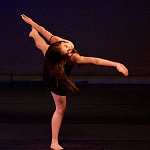
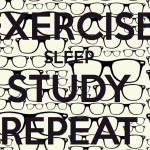



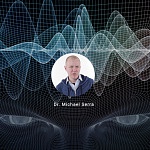
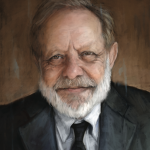




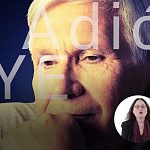
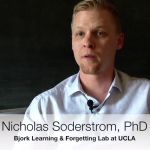

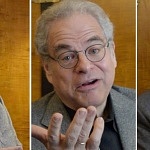

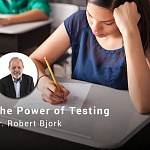
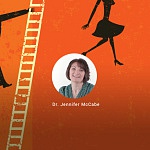
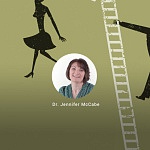


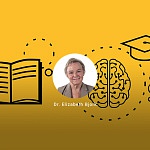

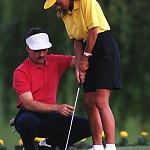
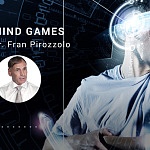



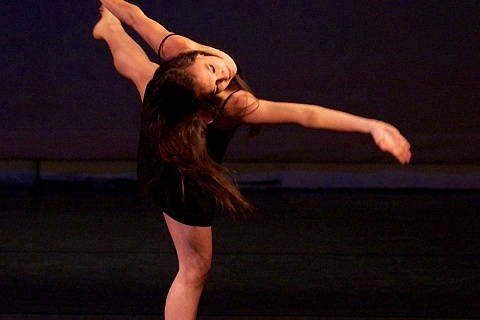

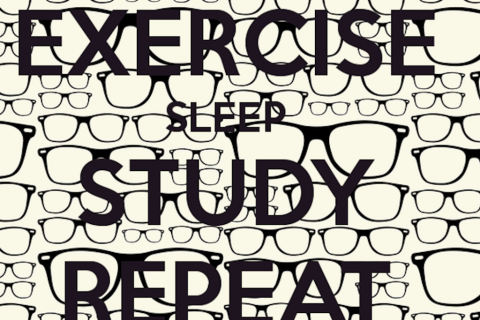
Leave a Reply
You must be logged in to post a comment.